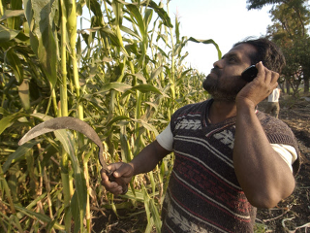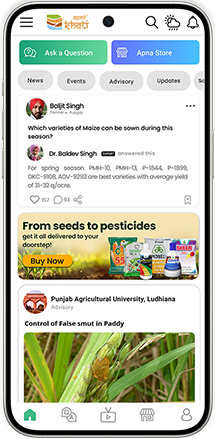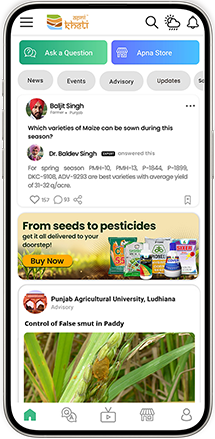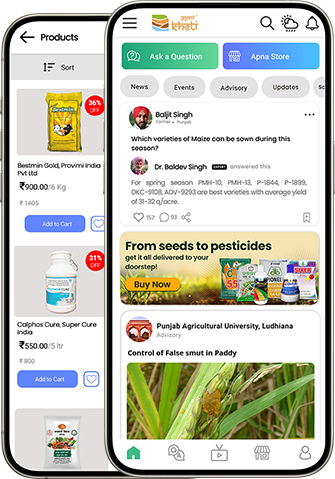NEW DELHI: Prospects of cheap might have taken political overtones with politicians getting into the atta (wheat flour) verses data debate, but availability of cheap and fast data has the potential to increase farm productivity and farmers incomes.India s space agency ongoing programme of predicting site suitability for a particular crop, cropping intensity, early-season crop forecasting, soil texture, moisture as well as agricultural water management will show desired results only when farmers can access these information on their smart phones. "The country s space agency can even assess if a particular crop can be planted in a particular site. But dissemination of such information to each and every farmer in the country remains a big challenge. The government s initiatives through programme will help, provided farmers can afford internet data on their mobile phones and access those vital inputs," said an official involved in the programme.
Though a lot of such information is being shared through various krishi vigyan kendras (agriculture science centres) across the country, farmers still don t get fast and accurate farm and crop specific solutions to their problems on the ground.Availability of affordable data will help them get such information at a time when the world is fast moving towards digital where data-driven insights are helping farmers improve their on-farm decision-making. The days are not far when they can send farm pictures, including of weeds and infected portion of crop fields, to scientists and get quick solutions on their phones. Crop science division of global crop protection and seed giant Bayer AG has started testing its digital tool in India. The idea behind digital farming is to help farmers identify pests, diseases and weeds down to the square metre of their farms and provide them with solutions to enhance yield and farm profitability.
The company last week demonstrated its digital farming tool during the Future of Farming Dialogue 2016 in Leverkusen, Germany. Responding to TOI s question on how such tools would work in India where a majority of farmers have small landholdings, head of Bayer s crop science division Liam Condon said a lot of testing was going on to find out the rights solution for them.Condon said the testing was being done in India to find out how mobile-phone technology could combine with the outreach programme and how it could be used in smart and simple ways to help the company solve problems of farmers.During the Farming Dialogue, experts explained that digitalisation could give farmers timely field-level information for selecting right inputs, including fertiliser or crop protection dose, determining the ideal time for crop protection steps and recognising plant stress factors at an early stage.










